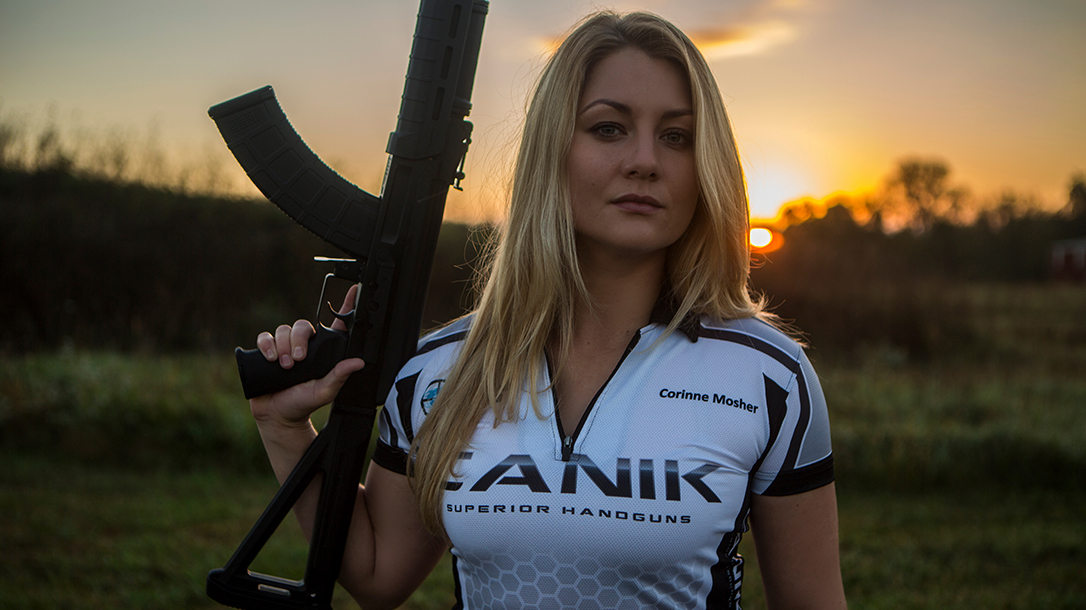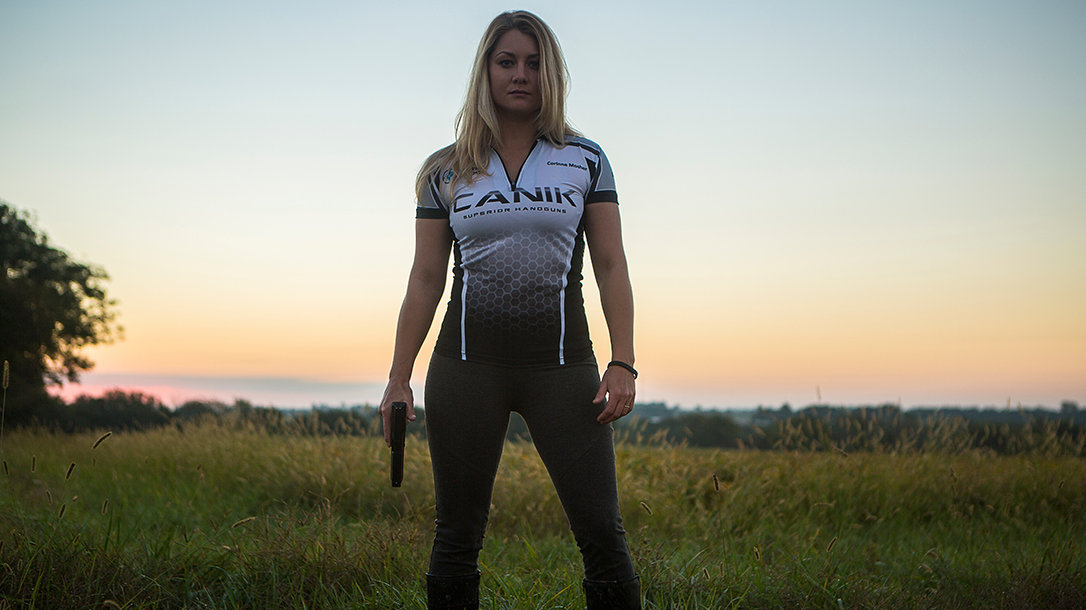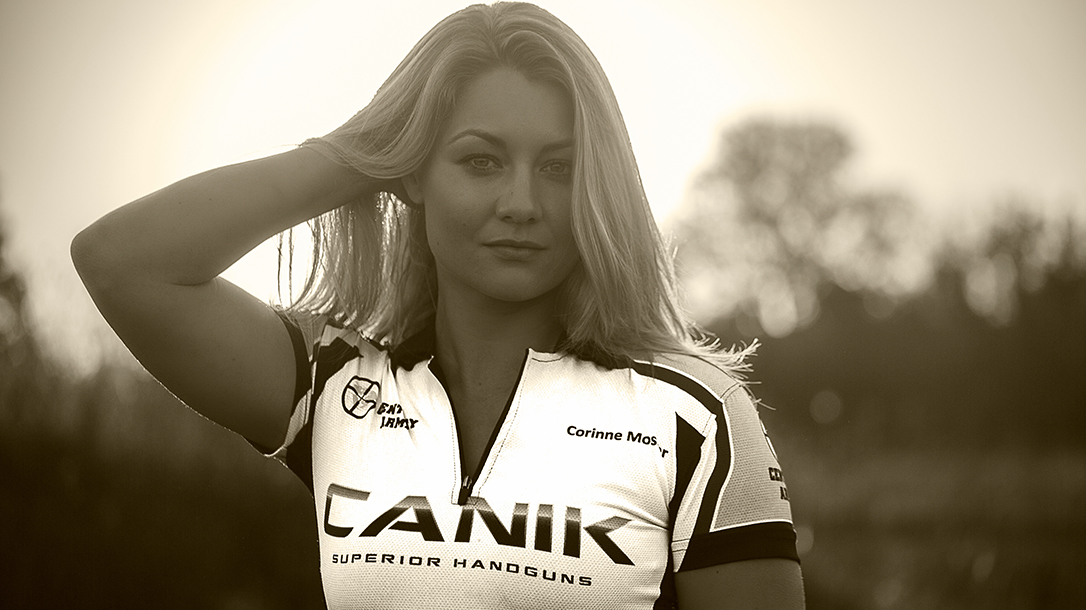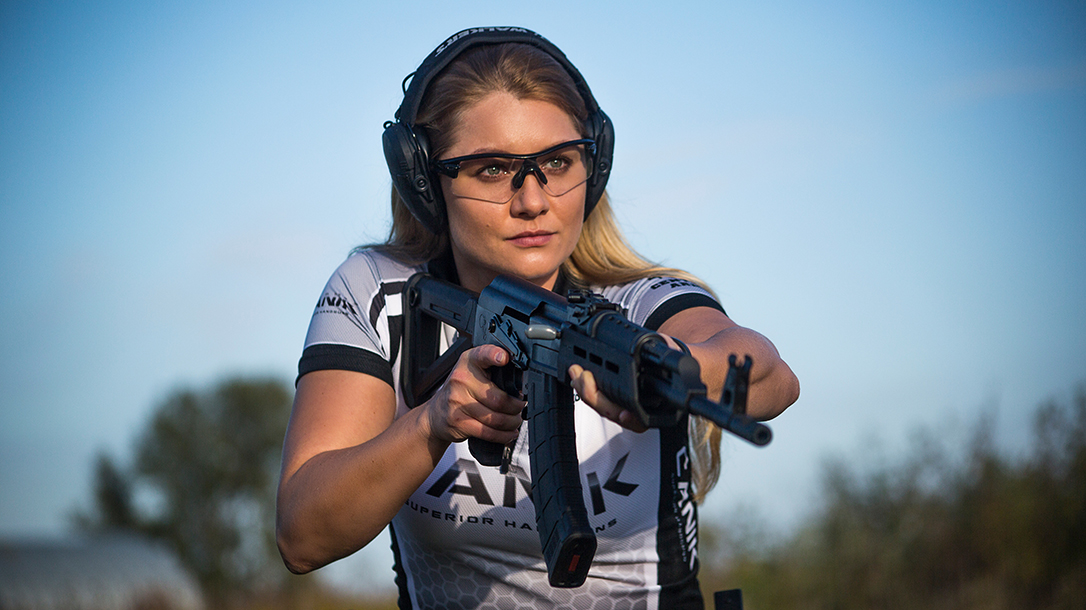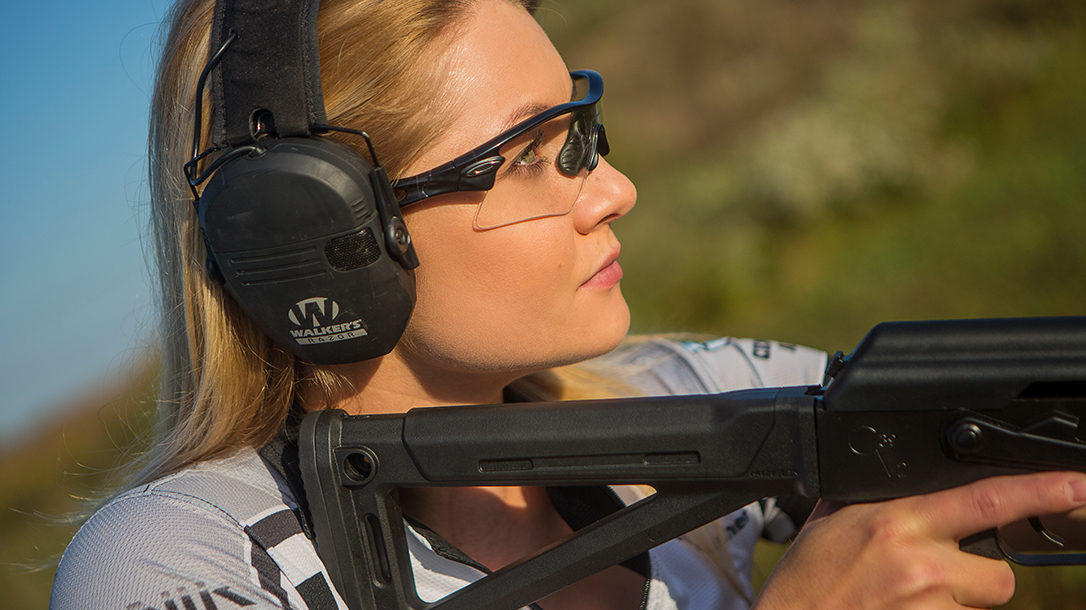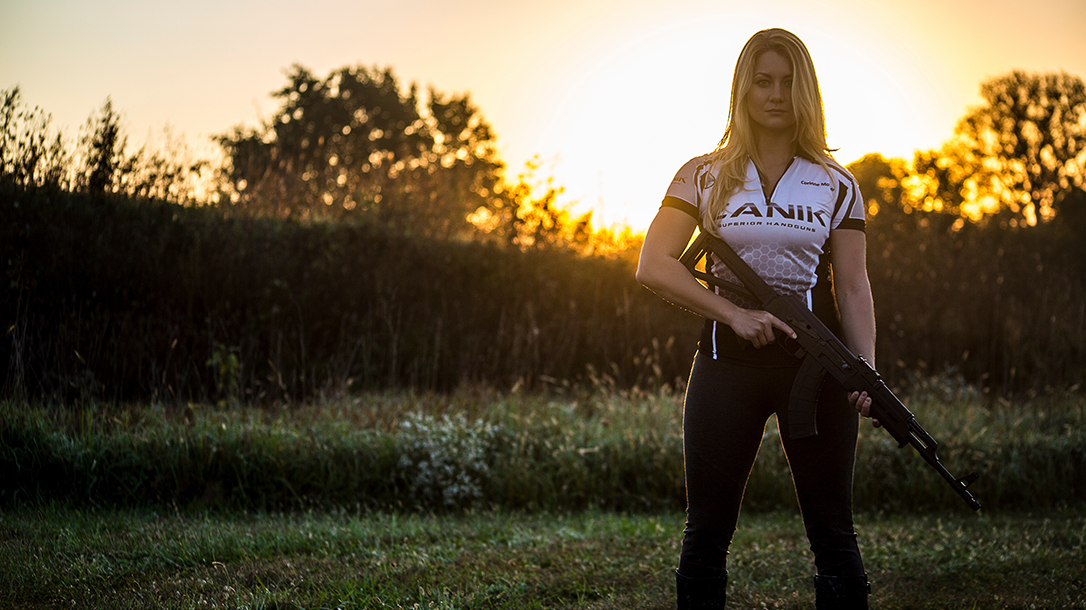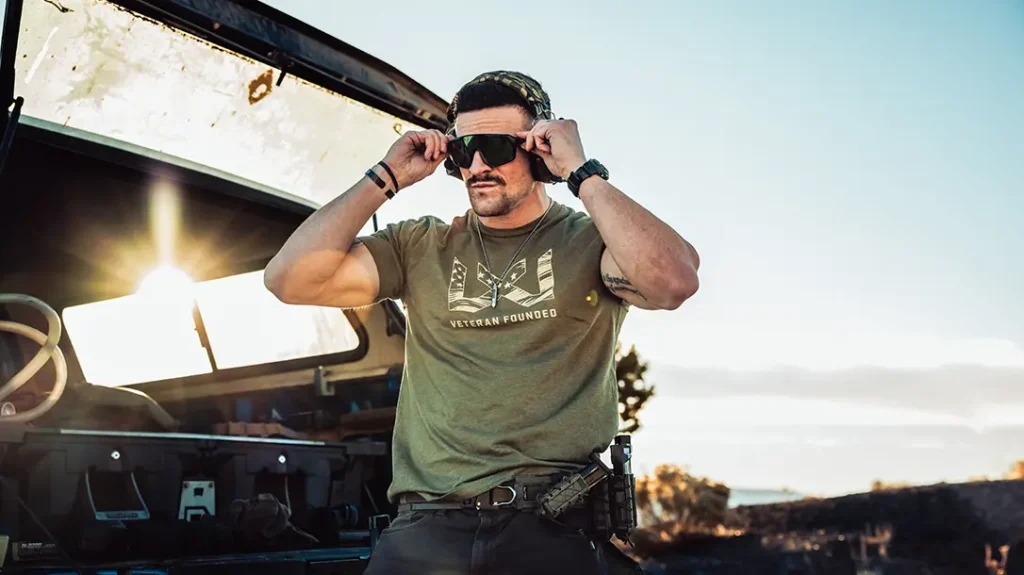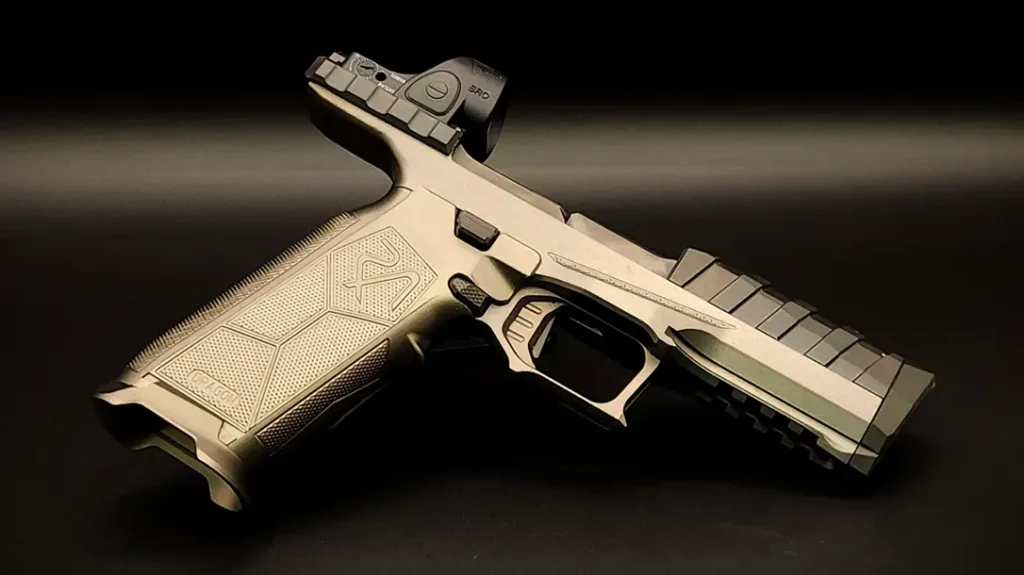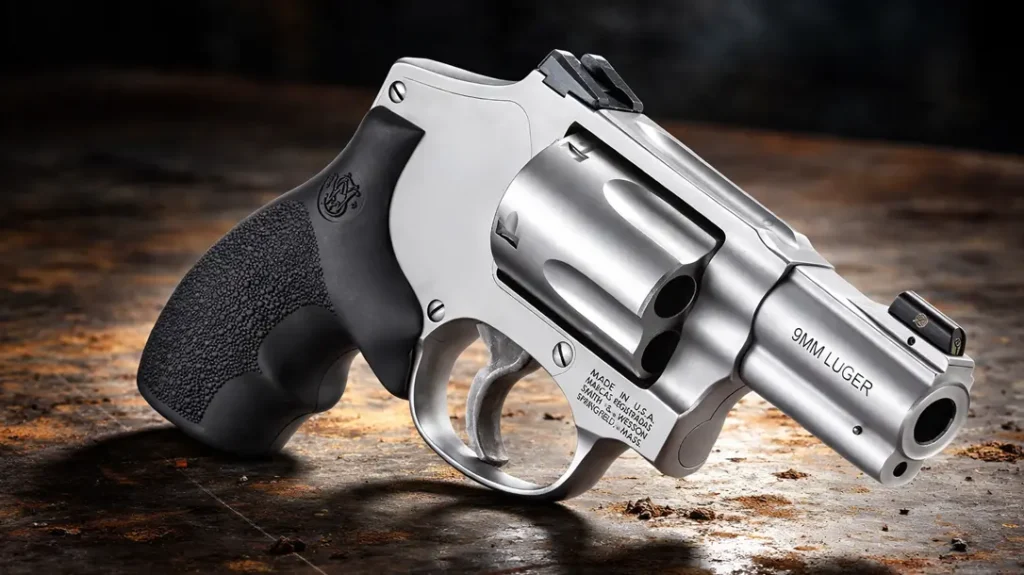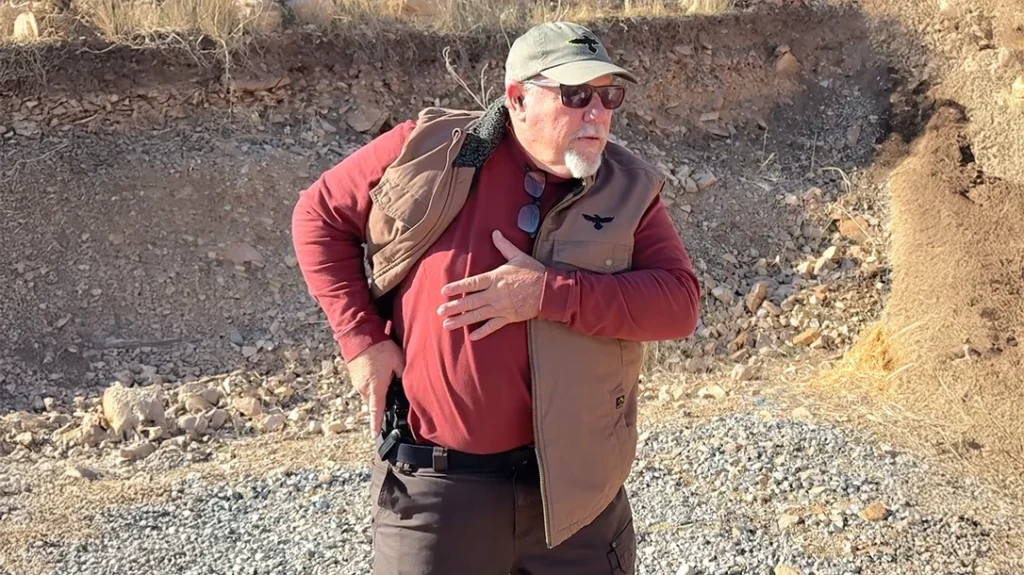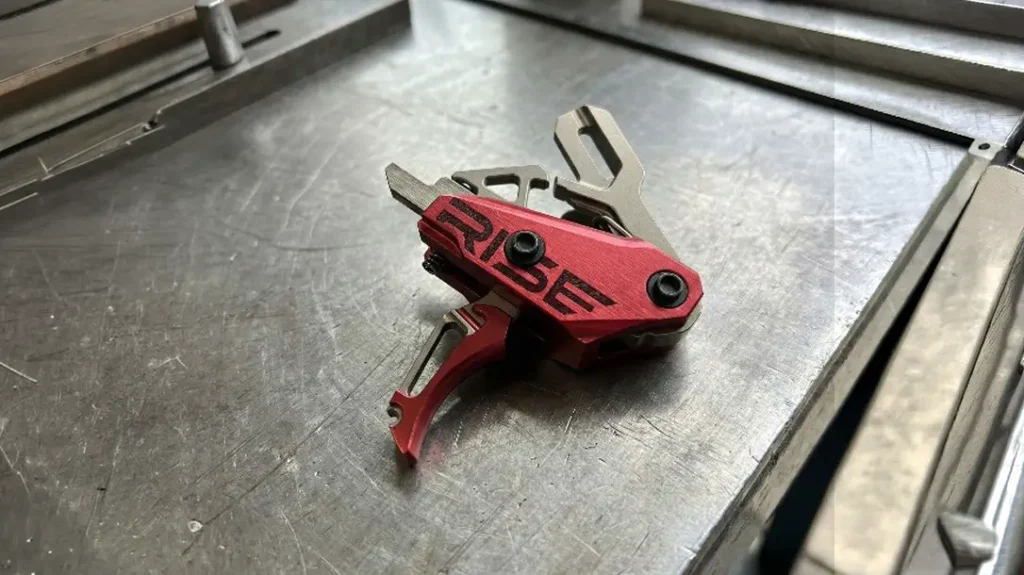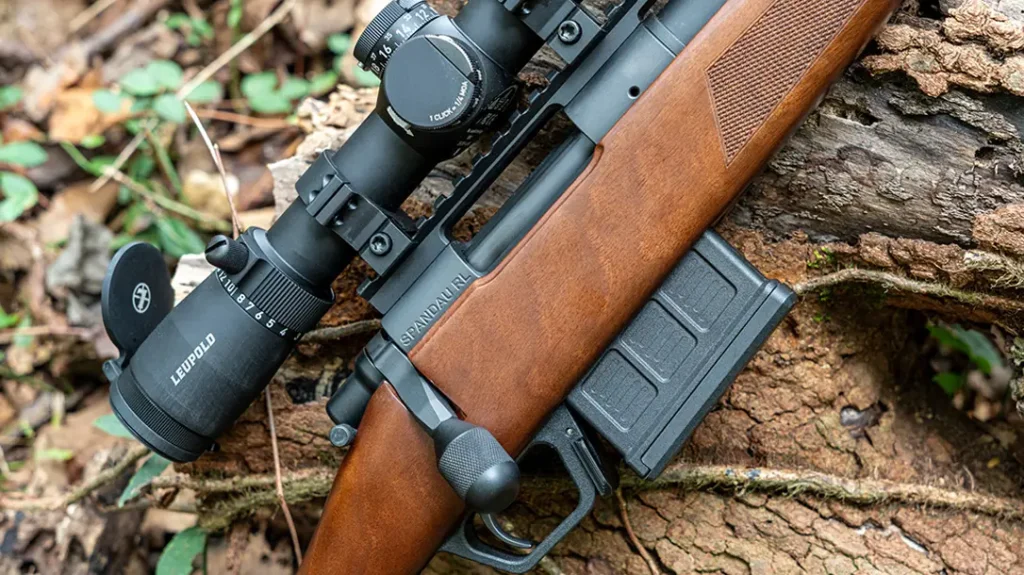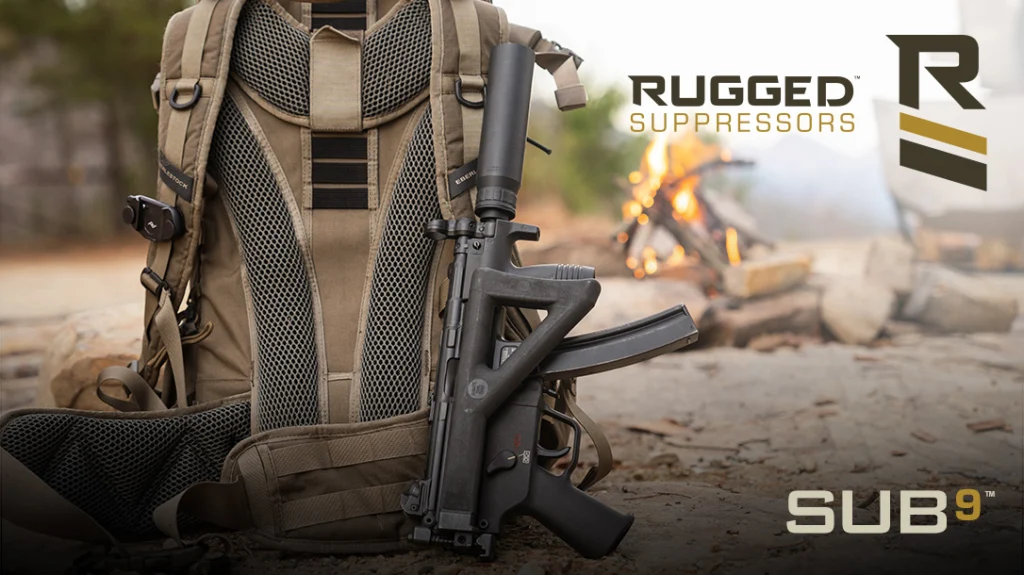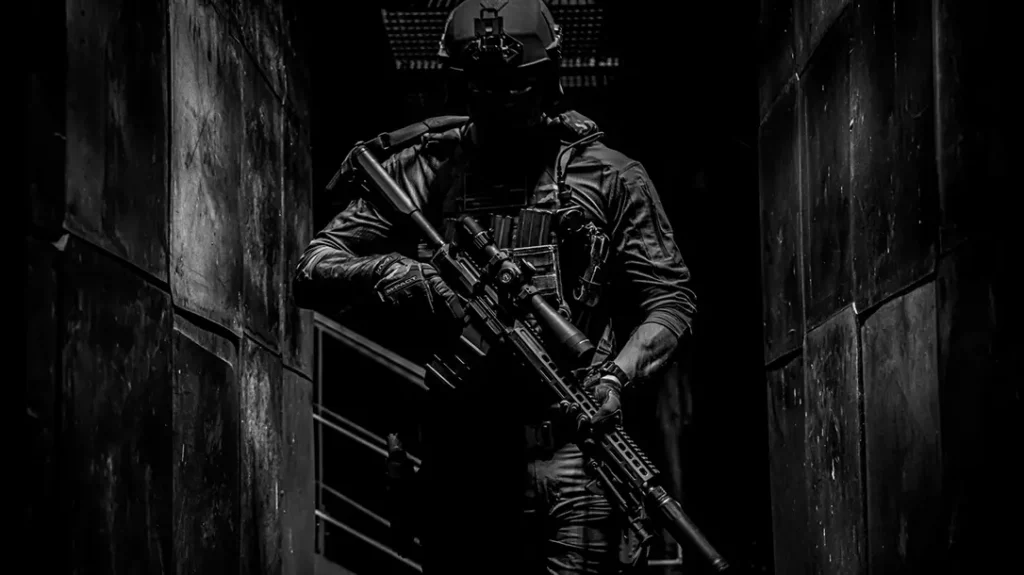Corinne Mosher is a professional shooter. Trained at the University of Missouri as a classical violinist, Corinne is now a firearms instructor, competitive shooter and mom. The wife of a cop, she brings a deep passion to her sport. We took a moment to ask her a few questions.
How’d you get started? Were you born into shooting?
My background is in music. I started playing the piano and violin at 8 years old and eventually was accepted into the University of Missouri Kansas City’s Conservatory of Music for violin performance. Even though both my parents had served in the armed forces, I never even saw a real gun until I was an adult. When I decided to get my concealed carry permit in 2010, my husband took me to the range to teach me how to shoot. Learning to shoot wasn’t that much different than how I learned to play music, and I truly believe that the reasons I was able to progress so quickly in such a short amount of time was due in part to the quality of the early training I received from my coaches, and the practice mentality and techniques I had applied while learning to play music.
Advertisement — Continue Reading Below
What is your typical training regimen?
There are two types of practice that I do. The first is reinforcing the fundamentals of shooting, and the second is applying those skills in a practical shooting environment. Luckily, I have a job where I’m constantly teaching and demonstrating the proper fundamentals of gun handling and marksmanship to basic pistol students all the way up through our most advanced defensive firearm courses. For practical applications, I go to as many matches as I can and make a list of what went right and what needs improvement. I’ll focus on the areas that need work in my next practice and then put it all back together at the next match.
How did you train to get to this point?
My husband took me to the range a few times when I was just starting out. After that I sought out formal training through NRA programs up until I became a certified instructor in multiple disciplines. When I began teaching at the range I work at now, I attended every basic and advanced firearm course that was offered as many times as I could. If the class was full and I wouldn’t be able to participate as a student, then I would sit in the back and listen, or volunteer as a range rat just to be able to hear what the instructor was teaching and soak in as much information as I could. After a few years of this, I was ready to take over for the lead instructor when he retired.
Did you dream of becoming a sponsored competitive shooter?
I didn’t get into the shooting sports with the idea that I would become a pro shooter. That happened completely by accident. I started shooting competitively in 2012 because I was looking for something challenging to drive my skill development and help me become a better instructor. By no means am I the best shooter even on my own squad most times, but I strive to do a little better every time I shoot. I met all of my sponsors during matches or through individuals I met at matches or other events. I believe that the companies I represent chose me because of my level of commitment to being a good representative of the sport and the Second Amendment community.
Advertisement — Continue Reading Below
Has your musical training aided your competitive shooting?
Most people look at me cockeyed when I say that playing the violin is the same as shooting, but it’s true. For example, whether you’re learning to play a spiccato-style bow stroke, or learning how to quad load a shotgun, you should be approaching it in the same way.
First, you have to learn the proper technique. That means finding and embracing “the best way” to do something based off of how you and the instrument come together, what you’re trying to achieve and being able to achieve it in the most efficient way. Second, you have to develop the correct technique through disciplined practice. The best way to avoid making mistakes is to never have learned something the wrong way. So, you have to force yourself to repeat the skill not only until you can do it right, but until you know it so well that you cannot do it wrong. Finally, you have to be able to perform that skill under pressure, which requires strong mental focus and positive visualization.
What advice do you have for new female shooters?
Just a few years ago when I started shooting, it was still a big deal to see a female shooter at a match or patronize a range. Not anymore! Walk the floor of any outdoor/shooting trade show and you’ll see just how much companies want to bring in women customers, from concealed carry products and ladies-only firearm academies to beautiful state-of-the-art ranges being built with female clientele and their families in mind. The bottom line is that men are some of the biggest supporters of women learning to shoot and compete. So even though the men still outnumber the female competitors at matches, don’t let that make you think you don’t belong!
Advertisement — Continue Reading Below
What is your daily carry gun?
I have single- and double-stack guns that I use depending on where I’m going and how I’m planning on carrying that day. For ease in concealment, I have a 9mm Glock 43 customized by Taran Tactical Innovations with a new trigger, sights and concealed carry stippling. I like to carry it in an ankle holster or in a modified bellyband. My compact Canik TP9 Elite 9mm holds 15+1 rounds, which I carry either in my concealed carry purse or an IWB holster by LAG Tactical. I feel that the TP9 series is the best value in a combat handgun in America. With the introduction of the SFx and the new SF Elite series, the platform penetrates two entirely new markets.
How do you balance the demands of maintaining a family with being a competitive shooter?
I recently confessed to a friend that I find it hard to say “no” to all of the amazing opportunities that are put in my path. There have been several months while the shooting season is in full swing that I’ve been on the road at matches for more days than I’ve been home. It’s hard to be away from my husband and daughter that much, and I think a big reason why I push so hard to do my best is that I don’t want to have sacrificed time with them for nothing. When I’m home, we focus on spending time together and having fun.
Advertisement — Continue Reading Below
Can you outshoot your husband?
Can I plead the Fifth? In order to never have to cross that bridge—or blow up that bridge—we try not to shoot against each other. My husband was my first firearms instructor and is directly responsible for my success. As a police officer, he has to complete occasional training and range qualifications. But I get at least five times as much trigger time in as he does, and I don’t think I could live in the same house with him anymore if I learn that he can outshoot me after all that. Call it a truce, call it cowardice—I just want to stay married.
As a mom who shoots professionally, how do you plan to introduce your kids to the shooting sports?
As a family, we have regular trips to the shooting range, but my husband and I are stepping back and waiting for our daughter to express an interest in the competitive side of the sport. In the meantime, she enjoys shooting her Ruger 10/22 Archangel kit, and it makes me very happy to see her self-confidence grow with each trip to the range.
Do your daughter’s friends think you are the coolest mom ever?
I don’t know, but a few times my daughter has come home and said that a school friend of hers told her that their mom or dad follows me on social media. She thinks it’s cool to have a mom that travels the country shooting guns and all of that. Whenever I wonder if this shooting thing is worth it, I see how proud my daughter is of what I do, and I want to continue to be someone she looks up to.
Advertisement — Continue Reading Below
For more information, please visit CorinneMosher.com.
This article is from the July/August 2017 issue of Combat Handguns Magazine. To subscribe, please visit OutdoorGroupStore.com.
